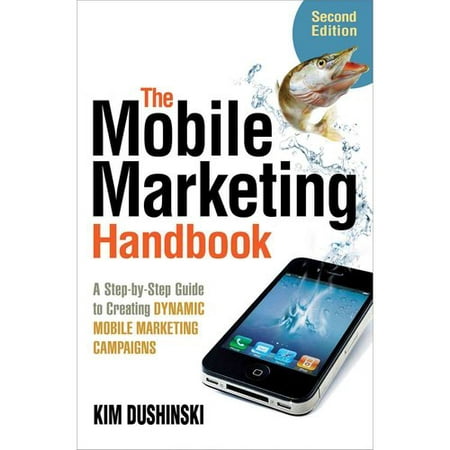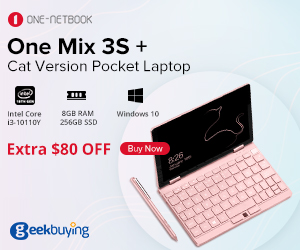Mobile Marketing takes Front Stage
https://admateacademy.blogspot.com/2017/04/mobile-marketing-takes-front-stage.html
 |
The Internet is the single largest and most accessible marketplace in the world and about 90% of this market is dominated by users of mobile devices, making up about 4.5 billion Internet users worldwide. Data from wearesocial shows that 84% of active social media users globally also use mobile phones. The predominance of mobile phones in both social media and search engine optimization marketing are indicative of the critical role mobile devices play in the digital media marketing industry.
The trend now is for advertisers, digital marketers, and content creators to optimize video content for mobile devices. This is the direction search engine companies such as Google are now heading for them to remain relevant in the digital age for them to continue to maintain their top spot in the search engine environment, and continue to benefit from the overwhelming domination of mobile devices in the digital media space.
What is Mobile Marketing?
Mobile marketing precedes digital marketing, dating back in the early 2000, when cell phones companies started providing Short Messages Service (SMS) for cell phone users, a phenomenon that became popular during that period, mostly in Europe and some parts of Asia. Digital mobile marketing gained popularity just a little over five years ago, and the growth since then has been phenomenal.
Mobile marketing is defined as any promotional activity designed for delivery to cell phones, smart phones and other handheld devices, usually as a component of a multi-channel campaign. (WhatIs.com)
Types of Mobile Marketing
There are a number of marketing channels unique to mobile devices, that gives it an edge over desktop and the most used and effective of the mobile marketing channels include, SMS marketing, MMS marketing, Bluetooth mobile marketing, Mobile Internet marketing.
Mobile digital marketing
The trend now is for advertisers, digital marketers, and content creators to optimize video content for mobile devices. This is the direction search engine companies such as Google are now heading for them to remain relevant in the digital age for them to continue to maintain their top spot in the search engine environment, and continue to benefit from the overwhelming domination of mobile devices in the digital media space.
What is Mobile Marketing?
Mobile marketing precedes digital marketing, dating back in the early 2000, when cell phones companies started providing Short Messages Service (SMS) for cell phone users, a phenomenon that became popular during that period, mostly in Europe and some parts of Asia. Digital mobile marketing gained popularity just a little over five years ago, and the growth since then has been phenomenal.
Mobile marketing is defined as any promotional activity designed for delivery to cell phones, smart phones and other handheld devices, usually as a component of a multi-channel campaign. (WhatIs.com)
Types of Mobile Marketing
There are a number of marketing channels unique to mobile devices, that gives it an edge over desktop and the most used and effective of the mobile marketing channels include, SMS marketing, MMS marketing, Bluetooth mobile marketing, Mobile Internet marketing.
Mobile digital marketing
Mobile digital marketing which, is also known as mobile web marketing and mobile Internet marketing, involves the use of both the Internet and mobile phones in the promotion of your brand. It can be classic web marketing such as pop-out ads but it can also involve optimisation of a website in order to make it both search engine and mobile phone friendly.
Is the sending of short text messages to both potential and new customers. SMS marketing is the oldest form of mobile marketing, it existed even before smartphones. SMS is the most used mobile marketing method because short messages are the preferred mode of mobile communication; they are easy to read and inexpensive to broadcast.
MMS marketing:
MMS marketing:
With the advent of smartphones digital marketers prefer MMS marketing for its ability to introduce image, sound and video. MMS marketing is more expensive and phones that are not smart are unable to open MMS broadcast, and this is a major minus for MMS.
BMM marketing:
BMM marketing:
Bluetooth mobile marketing is mobile marketing which uses Bluetooth marketing, and it is used for both SMS or MMS broadcast within a certain range are transmitted free-to-air, but subscribers are expected to sign-in. BMM messages are commonly used by businesses to broadcast to customers within their immediate environment, and it is effective only within the Bluetooth range, and this is a big disadvantage for BMM marketing.
Reasons for the growth of Mobile Marketing
The preference of mobile devices over desktop computers in digital marketing is not far-fetched looking at the analytics. It is quite unveiling when you look at the statistics of mobile devices as against the desktop in quite a numbers of areas.
Cost:
Mobile devices are generally less expensive than laptops and desktop computers, this makes it affordable and therefore, allows more people to own one and connect to the internet more than desktop computers.
Portability:
Portability:
The size of smartphones and iPads is much smaller and convenient for users to carry about. Wearable devices have further miniaturized mobile devices, and therefore making them a lot more portable and convenient to carry about.
Availability:
Availability:
There are more manufacturers of mobile devices than laptop and desktop computers. This makes it affordable and more available in the market at a lot more lower cost. The same is not applicable to laptop and desktop computers.
Mobility:
Mobility:
The fact that mobile devices are portable, makes them easy to be carried about. They become handy, and meet the immediate internet needs of the users, whether it is in the area of social media, games, search, ecommerce, news, music, video, photography, clock, calculator and all the multitude of free apps available on mobile devices. Mobile searches have increased 200% year over year in 2012. 80% of users of mobile devices spend their time on apps, with game apps taking a significant part; people browse 70% more web pages on tablets and smartphones than desktop. (Wordstream)
Convertibility:
Convertibility:
A Marketingwiz report shows that retail conversion rates of mobile devices are 2.2% on tablets, but traditional PC conversion rates are still highest at 3.3%.
Integration:
Integration:
Most mobile devices come with features that allow for easy sharing of files, such as contacts, music, videos, photographs and more.





















FOLLOW US ON SOCIAL MEDIA